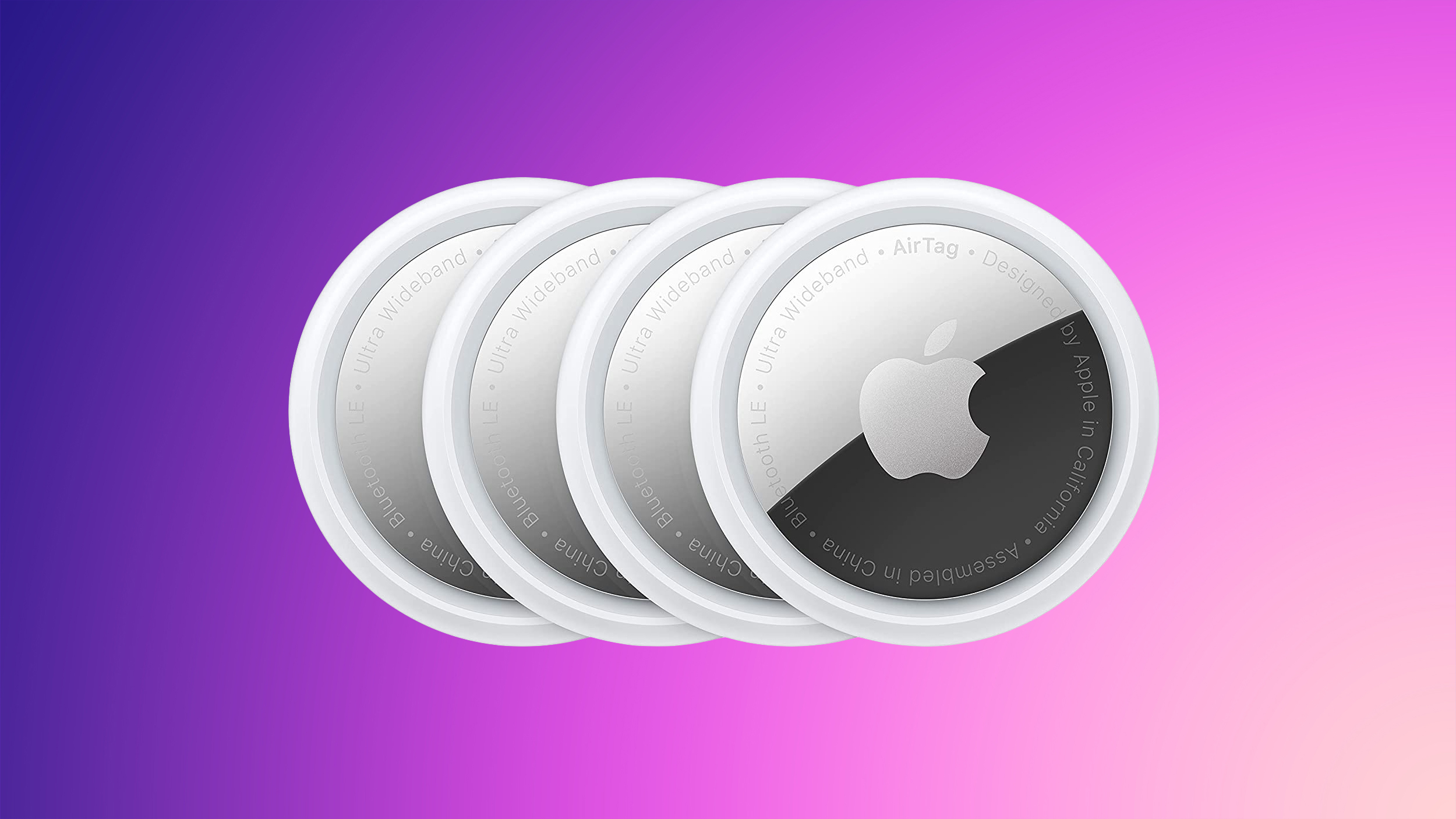
The Senate has passed two major child protection bills that could have a dramatic impact on how social media apps operate. Update: Congress went into recess before the KOSA Act could reach a vote in the House, and a Wired report suggests the House Republican leadership may not prioritize it when lawmakers return.
If the bills make it through the House to become law, then social media apps would have to make it possible for users to disable algorithmic feeds – with other changes also required …
Major concerns about teenage mental health
There has long been significant concern about the impact of social media apps on teenage mental health.
The CDC’s bi-annual Youth Risk Behavior Survey showed that most teen girls (57%) now say that they experience persistent sadness or hopelessness (up from 36% in 2011), and 30% of teen girls now say that they have seriously considered suicide (up from 19% in 2011). Boys are doing badly too, but their rates of depression and anxiety are not as high, and their increases since 2011 are smaller […]
There is now a great deal of evidence that social media is a substantial cause, not just a tiny correlate, of depression and anxiety, and therefore of behaviors related to depression and anxiety, including self-harm and suicide.
Earlier this month, the US Surgeon General expressed his own worries, and called for social media apps to be given health warning labels in a similar way to cigarettes.
Senate passed two child protection bills
Engadget reports that the Senate has passed two separate child protection bills, KOSA and COPPA, thanks to bipartisan support.
The Kids Online Safety Act (KOSA) and the Children and Teens’ Online Privacy Protection Act, also known as COPPA 2.0, passed the Senate in a vote of 91 – T3 […]
KOSA requires social media companies like Meta to offer controls to disable algorithmic feeds and other “addictive” features for children under the age of 16. It also requires companies to provide parental supervision features and safeguard minors from content that promotes eating disorders, self harm, sexual exploitation and other harmful content […]
COPPA 2.0 would prohibit companies from targeting advertising to children and collecting personal data on teens between 13 and 16 without consent. It also requires companies to offer an “eraser button” for personal data to delete children and teens’ personal information from a platform when “technologically feasible.”
It’s as yet unclear whether they have sufficient support to pass in the House, but if they do it is likely that President Biden would sign them into law.
Photo by pawel szvmanski on Unsplash
FTC: We use income earning auto affiliate links. More.

 5 months ago
30
5 months ago
30







 English (US) ·
English (US) ·